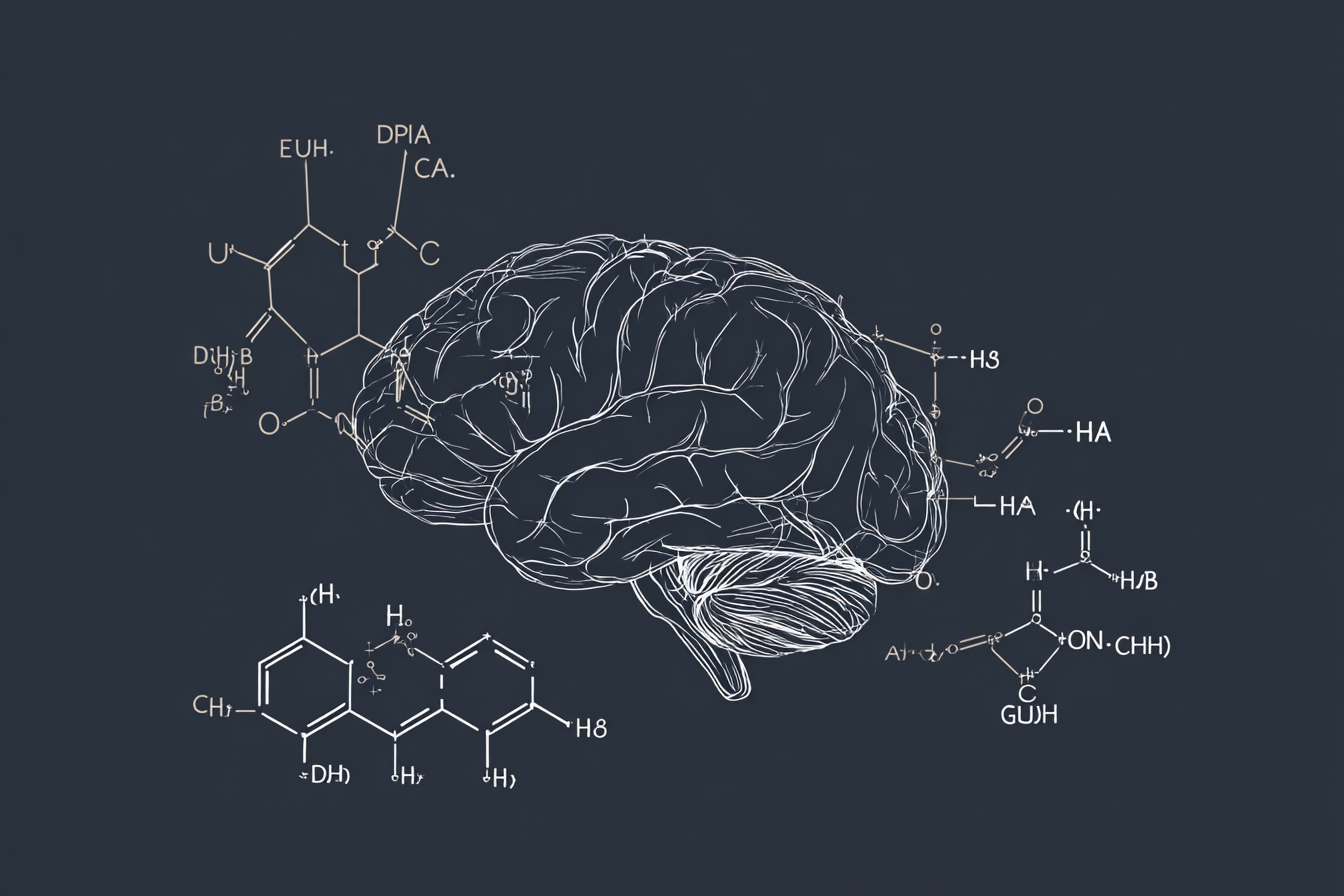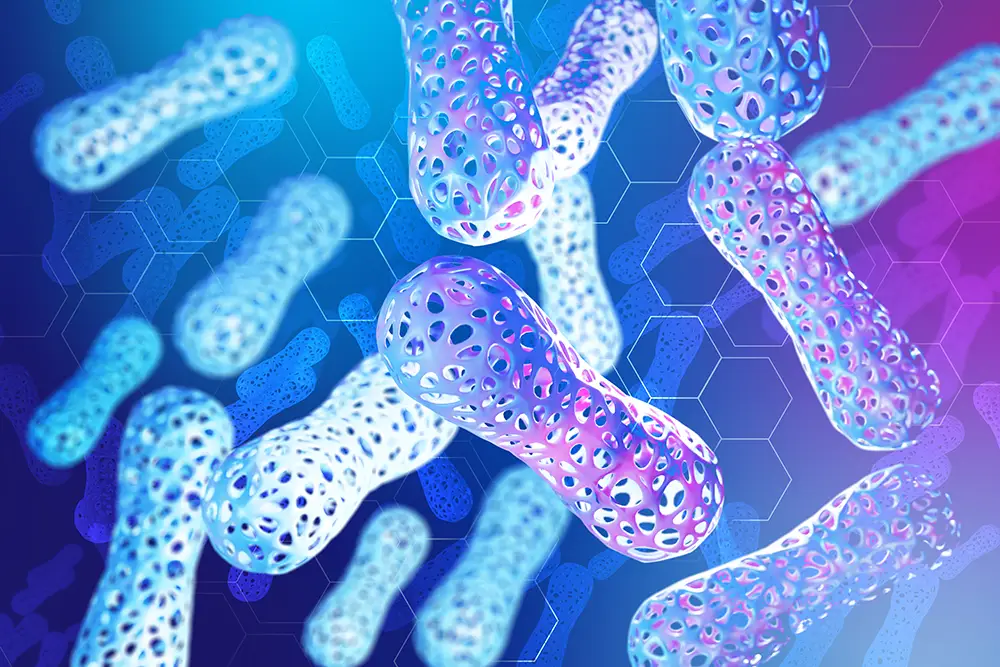My Millennial Journey to Better Mental Health with Probiotics: Gut Health and Mood

Introduction: Anxiety, Avocado Toast, and the Gut-Brain Connection
As a millennial, stress and anxiety have always been familiar companions. Balancing work, social pressures, and the elusive idea of self-care felt like an endless battle. My Instagram feed was full of friends promoting meditation apps, yoga sessions, and avocado toast brunches as cures for mental fog and emotional fatigue. But behind curated images, the daily reality was persistent anxiety and unpredictable moods. That’s when I stumbled upon something new: the gut-brain connection.
Discovering the Gut-Brain Axis: It’s More Than Just Yogurt
Initially, probiotics to me meant yogurt commercials or kombucha in fancy bottles. But deeper research led me to the term “psychobiotics,” probiotics that specifically influence mood and mental health. The idea that gut bacteria could influence my anxiety and stress levels intrigued me. Could this be the missing link in my mental health journey?
Gut Health 101: Understanding the Microbiome
The human gut is home to trillions of bacteria, fungi, and viruses, collectively known as the microbiome. These microbes do more than aid digestion—they produce neurotransmitters like serotonin and dopamine, regulate stress hormones like cortisol, and modulate inflammation. An imbalanced gut microbiome (dysbiosis) is increasingly linked to anxiety, depression, and mood swings.
Millennials and Mental Health: The Unspoken Epidemic
According to recent statistics, millennials report higher stress, anxiety, and depression levels compared to previous generations. Factors like financial insecurity, social media pressures, and chronic work stress play major roles. I was part of this statistic, frequently feeling overwhelmed and anxious without clear reasons.
My Experiment with PS128: A Promising Psychobiotic
After extensive research, one probiotic strain caught my attention—Lactiplantibacillus plantarum PS128. Originally isolated from fermented Taiwanese vegetables, PS128 was different due to its documented ability to affect neurotransmitter pathways and stress responses.
Scientific studies showed PS128’s potential benefits, including improved mood, reduced anxiety, and better sleep quality. Encouraged by clinical data and positive testimonials, I decided to give it a try.
Starting PS128: Skepticism and Small Changes
I started with a daily capsule containing PS128, pairing it with breakfast to form a habit. Initially, I felt skeptical. How could bacteria in a capsule significantly impact my mood? The first week passed uneventfully, but by the end of the second week, I noticed subtle shifts.
My sleep quality improved—fewer midnight awakenings and more restful mornings. My baseline anxiety felt less overwhelming. These weren’t miraculous changes, but they were noticeable and meaningful.
Science Behind PS128: Why it Works for Mood
Delving into research, I learned that PS128 acts on the gut-brain axis by increasing serotonin and dopamine levels in the brain. Animal studies demonstrated reduced stress hormones like cortisol and enhanced production of mood-stabilizing neurotransmitters. This scientific validation reassured my skeptical mind that my experiences weren’t just placebo effects.
Clinical Studies and Real-World Impact
Human clinical studies echoed my experience. A study involving stressed adults revealed PS128 significantly improved mood, anxiety, and sleep quality over eight weeks. Another trial with children facing anxiety and behavioral issues also reported significant improvements. The consistency across research and personal experience made PS128 feel increasingly credible and reassuring.
Probiotics in a Holistic Mental Health Routine
While PS128 was helpful, mental health demands a holistic approach. Alongside PS128, I incorporated regular physical activity, mindfulness meditation, and a balanced diet rich in fiber and nutrients that support gut health. These combined efforts amplified the positive effects of PS128, highlighting the power of holistic wellness.
Overcoming Stigma: Millennials and Mental Health Conversations
Discussing gut health and probiotics opened up new conversations with my friends about mental health. Millennials often normalize anxiety and burnout, rarely discussing actionable solutions. Sharing my journey helped break the stigma, encouraging others to consider gut health and psychobiotics as valuable tools in mental health management.
A Balanced Gut for a Balanced Life: Sustaining Positive Changes
Months into taking PS128, my mood felt significantly more balanced. I handled stress better, slept deeply, and experienced fewer anxious episodes. Maintaining gut health through PS128 became a cornerstone of my mental wellness routine, demonstrating the long-term value of gut-brain care.
Future of Gut-Brain Research: Hope for Millennial Mental Health
Ongoing research continues to validate psychobiotics like PS128 as promising tools for mental health. Future studies aim to further unravel the mechanisms behind gut-brain interactions, potentially paving the way for more personalized probiotic treatments.
Conclusion: A Personal Invitation to Explore Gut Health
My journey with PS128 taught me the profound connection between gut health and mental wellness. For millennials battling anxiety, stress, or emotional fatigue, exploring psychobiotics could offer valuable relief. It’s not a miracle cure but rather a vital piece of a holistic mental health puzzle.
I encourage fellow millennials to explore this innovative approach, embracing science-backed solutions like PS128 to enhance emotional well-being and resilience in our increasingly demanding world.









